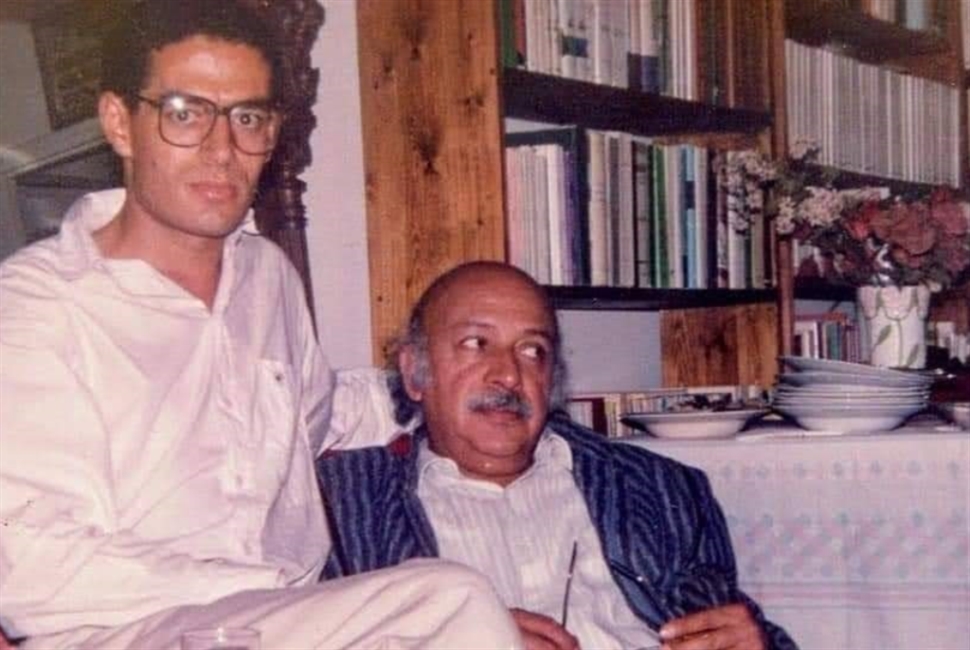Although Muzaffar al-Nawab was virtually forbidden to discuss and did not participate in any poetry demonstrations in Tunisia, unlike Mahmoud Darwish, Samih al-Qasim and Abdel Wahab al-Bayati, he was most present in the circles of students and unions, also on the left. and nationalist. Students exchanged cassettes of his voice before YouTube and others. These records came from Damascus and Tripoli in the West along with students studying at Syrian University or Tunisian workers in Libya, and receiving Muzaffar al-Nawab’s records was like receiving a treasure or a gift. with great value.
Representatives visited Tunisia several times as public visits at the invitation of trade unions or human rights bodies, either in the capital or the city of Sfax, and the first visit took place in the spring of 1988 on the occasion of the “eighteenth emergency conference ”. “General Union of Tunisian Students” after the political opening that the country knew in the early days of the regime of the late President Zine El Abidine Ben Ali (1987-2011). At the time, it was allowed to organize a conference of the Students Union, which has been dormant since 1972, after regime supporters rejected the election results, in favor of left-wing students. At this conference, deputies from the Faculty of Law of Tunisia read a poem in front of thousands of students who could not believe that they were listening to a poet who seemed to be a legend to them.
Despite his lack of “official” presence in poetry and literary demonstrations and the absence of his books at book fairs, his poetry was most represented among students in the 80s and 70s. he had a close relationship with the poet Ali Lasoud. al-Marzouki, classified as the voice of poetic resistance, and grouped them together in poetry readings between Syria, Tripoli, and the immigrant cities of France.
The departure of MP Muzaffar, after being repeatedly killed by rumors in the past, has marked for many Tunisians the end of an era of “courage and resistance” and “resistance” in which MPs the unofficial voice of poetry. He was angry with all Arab regimes, except those involved in the face of “resistance and resistance”, during the dream of the liberation of Palestine and before the elimination of the culture of resistance.
Muzaffar an-Nawab was an exception to his life and poetry, and he was the last of the great poets who, after their death, had successively disappeared from Qabbani, al-Bayati, Darwish and Saadi Yusuf.
Source: Al-Akhbar
